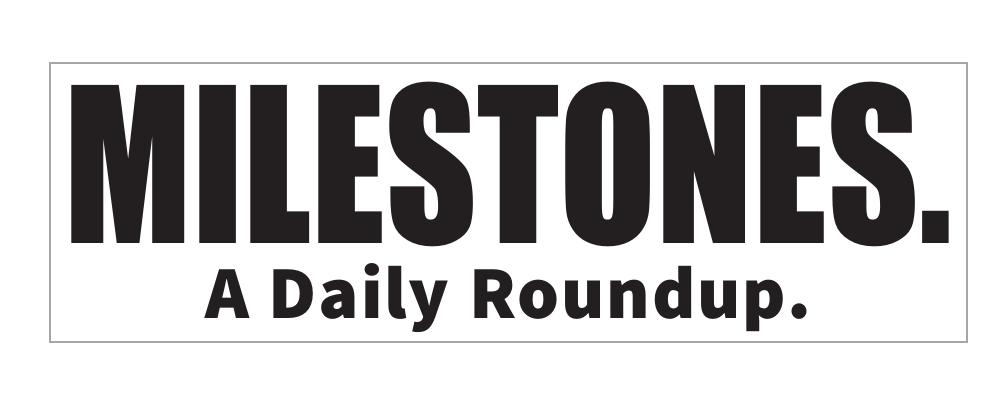Milestones: Monday, July 31, 2023

EXTOLLED FREE MARKET, LIMITED GOVERNMENT — MILTON FRIEDMAN, born in Brooklyn on July 31, 1912, was a Nobel Prize–winning economist, teacher and author. He won the Nobel Prize for his research on the history and theory of money, consumption analysis and the macroeconomics concept of financial cycle stabilization, including business cycle and credit cycle. Friedman became a professor of economics and flourished at the University of Chicago, he produced some of his most prominent work during this time. He challenged some points of Keynesian economic theory but adapted others.
A believer in the free market and small government, Friedman, after his retirement, became an advisor to Republican U.S. President Ronald Reagan and Conservative British Prime Minister Margaret Thatcher.
✰✰✰

Brooklyn Boro
View MoreNew York City’s most populous borough, Brooklyn, is home to nearly 2.6 million residents. If Brooklyn were an independent city it would be the fourth largest city in the United States. While Brooklyn has become the epitome of ‘cool and hip’ in recent years, for those that were born here, raised families here and improved communities over the years, Brooklyn has never been ‘uncool’.